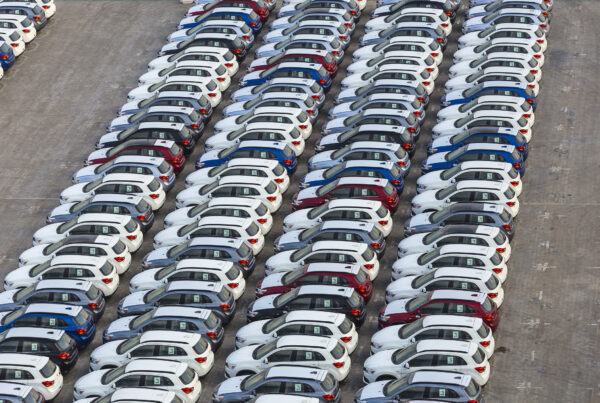Vietnam’s new car market faced a downturn in August 2024, with sales falling by 13 per cent compared to the previous month. Members of the Vietnam Automobile Manufacturers’ Association (VAMA) reported a total of 25,196 vehicles sold showing ongoing challenges within the industry.
The passenger vehicle segment experienced the most significant drop, with sales plummeting 16 per cent to 19,129 units. In contrast, commercial vehicles saw a modest increase of 1 per cent, with 5,901 units sold. Special purpose vehicles, which include those used for specific industrial or agricultural functions, suffered the steepest decline of 23 per cent, totaling just 166 units for the month.
Both locally assembled and imported vehicles showed declines in August. Sales of domestically-assembled cars decreased by 13 per cent to 12,064 units. Similarly, deliveries of completely-built units (CBUs) also fell by 13 per cent, with 13,132 units sold.
Despite this drop in August, the year-to-date figures present a mixed picture. For the first eight months of 2024, VAMA members sold 188,997 cars, representing a 2 per cent increase compared to the same period last year. However, the data reveals a year-on-year decline of 11 per cent in domestically-produced vehicle sales, while imported vehicle sales surged by 21 per cent.
Market Outlook
Looking ahead, there is a cautious optimism for the remainder of the year. The Vietnamese government’s recent initiative to halve vehicle registration fees, starting in September, is anticipated to provide a much-needed boost to the market. This policy aims to make car ownership more affordable and stimulate demand.
Additionally, car dealers across the country are implementing various promotional programs to attract buyers. These promotions are expected to help counteract the current sales slump and encourage more consumers to consider new vehicles.
The Vietnamese automotive market also includes several prominent brands not affiliated with VAMA, such as Audi, Jaguar Land Rover, Mercedes-Benz, Nissan, and Subaru. While these brands have not disclosed their specific sales figures, their continued presence in the market suggests ongoing competition and consumer interest.
Although August’s figures show a notable decline, the combination of government incentives and dealership promotions may lead to a more positive outlook for Vietnam’s automotive market in the coming months. As these factors begin to take effect, there is potential for a rebound, providing hope for a stronger finish to 2024 and renewed activity in the new car market.
Did you find this article interesting? Click the ‘heart’ button above to give it a ‘like’!


















